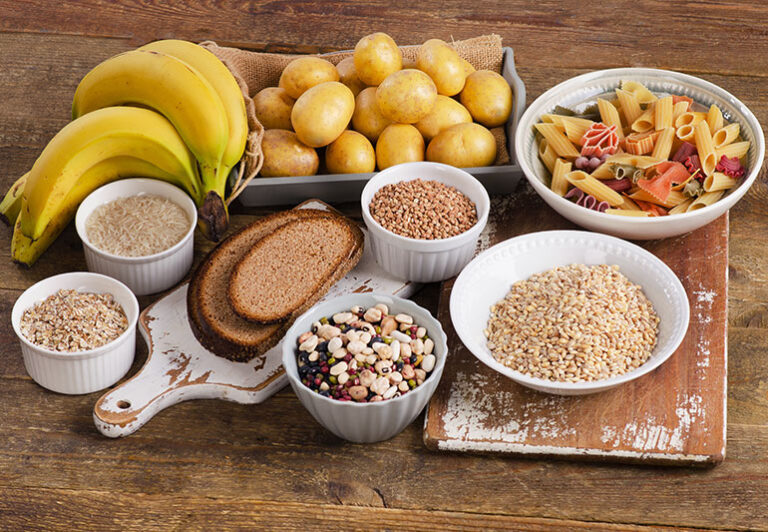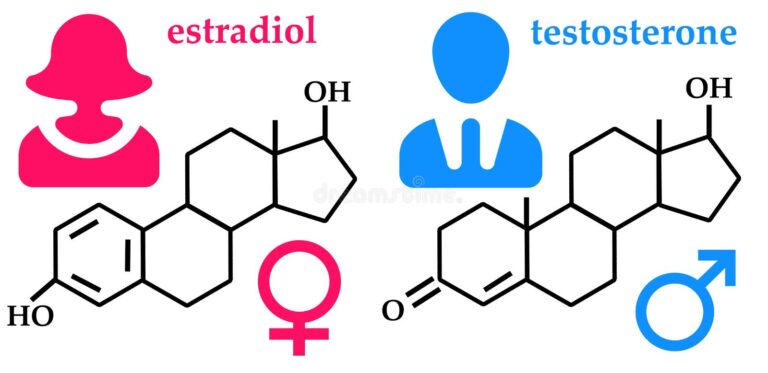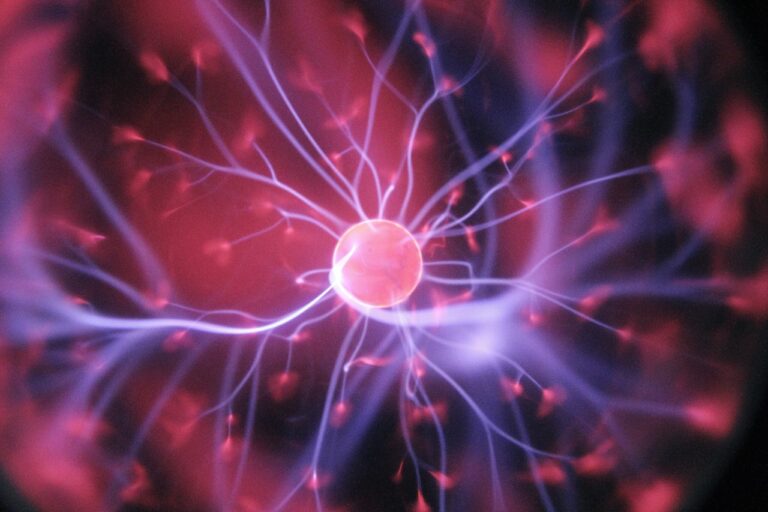Water and Its pH Function
Her Biochemical Majesty
Grab a glass of water, or your favorite water-based beverage, and let’s satisfy your body with her biochemical majesty WATER.
Well, in fact water is the lead actress (you’ll find out in the next post who is the lead actor :))
Its most important role is as a solvent in which many of the substances dissolve and also as a medium in the transport of materials to and from cells. It is essential to life. In fact, human beings are essentially big sacks of water (about 70 percent).
Healthy humans have an intake/loss of about 2 liters of water per day. The intake is covered by liquids and food and the loss is carried out through urine, feces and evaporation from the skin and lungs. A water balance must be maintained. If the water loss significantly exceeds the intake, the body experiences dehydration, if it’s another way around water builds up in the body and causes body swelling or edema (fluid retention in tissues).
When we say the water is polar, what does that mean?
Due to the polar nature of water all other polar substances are soaked up in it, but nonpolar substances, such as fats and oils, are not attracted, which explains their insolubility in it. There are also substances that are at the same time water-loving and water-hating.
Can you recall such a substance that is present in your everyday life? It’s so common you couldn’t believe it. It’s soap and also detergent. This characteristic is the basis of their cleaning power – water-hating part of the molecule dissolves in normally insoluble grease and oil, breaking them up in that way and keeping them in water solution with its water-loving part of the molecule, so they can go down the drain during rinsing.

How do we know something is acidic?
There’s another important part of aqueous solutions – the measure of acidity which is represented by pH value or the concentration of hydrogen ions (H+) – those H marks in H2O formula. Living organisms are very dependent on pH, because only a very small range of hydrogen ions in human blood allows the body to function properly.
H2O(l) ⇆ H+(aq) + OH–(aq)
When the concentrations of hydrogen ion (H+) and hydroxide ion (OH–) are the same, a solution is neutral. If H+ dominates, the solution is acidic, if OH– dominates, the solution is basic. Acidic solutions, such as lemon juice, taste sour. Basic solutions, such as tonic water, taste bitter.
Where’s the pH in all of this?
A simplified representation of H+ ions concentration is pH value (abbreviated for “potential of hydrogen”). Solutions with a pH less than 7 are acidic and with a pH greater than 7 are basic.
You guess then that the solutions whose pH is 7 are neutral. The pH of pure water is 7, of your blood is 7.4, stomach acid is 1–2, and in the intestinal tract is 8–9. If the pH of blood is more than 0.2 units lower than normal, a condition known as acidosis results. The same applies on the other side of the scale, a corresponding increase in pH of about the same magnitude is alkalosis. These extremes may potentially lead to serious body imbalance and health problems.
Can we regulate pH somehow?
To resist these pH oscillations, the blood has a number of buffer systems such as the bicarbonate buffer system which also provides a means of eliminating carbon dioxide from your system represented by this formula:
CO2 + H2O ⇆ H2CO3 ⇆ H+ + HCO3–
In this way, when you saturate your blood with CO2 using some breathing techniques such as Wim Hof method, you are slightly raising the acidity of your blood forming weak carbonic acid.
There’s another buffer system that is useful for neutralizing basis and that’s the phosphate buffer system called that because of the use of H2PO4 or dihydrogen phosphate.
And protein buffer system is great for neutralizing both hydrogen and hydroxyl ions because proteins contain positively and negatively charged amino and carboxyl groups in their molecular structure.
So these are only a few of the many important roles that this beautiful substance has in our lives that we take for granted. Bring awareness to this knowledge when you intake your cup of water next time.








